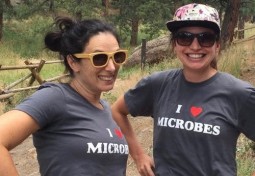
500 Women Scientists (starts 3:01) Ecologist Jane Zelikova explains how an acquaintance while at CU-Boulder led to an open letter she co-authored with Kelly Ramirez about science . . . and this ultimately launched an advocacy group. Over 19,000 women scientists have joined 500 Women Scientists. They have on line and also local community face-to-face discussions, and they plan to be part of Earth Day’s March for Science.
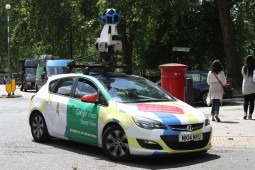 Tracking Methane Leaks with Google Street View Cars (starts 10:00) Colorado State University biologist Joe Von Fischer is on a mission to reduce pollution from leaking natural gas lines and their potent greenhouse gas, methane. Partnering with the non-profit Environmental Defense Fund and Google Earth Outreach, his team uses Google Street View cars for a first-of-its-kind, comprehensive inventory of urban methane leaks to display on Methane Leak Maps. A New Jersey utility plans nearly $1 billion of leaky gas line upgrades guided in part by this CSU data.
Tracking Methane Leaks with Google Street View Cars (starts 10:00) Colorado State University biologist Joe Von Fischer is on a mission to reduce pollution from leaking natural gas lines and their potent greenhouse gas, methane. Partnering with the non-profit Environmental Defense Fund and Google Earth Outreach, his team uses Google Street View cars for a first-of-its-kind, comprehensive inventory of urban methane leaks to display on Methane Leak Maps. A New Jersey utility plans nearly $1 billion of leaky gas line upgrades guided in part by this CSU data.
Host/Producer/Engineer: Shelley Schlender
Additional contributions: Alejandro Soto & Susan Moran
Executive Producer:Susan Moran
Listen to the show:
Podcast: Play in new window | Download (Duration: 25:32 — 23.4MB)
Subscribe: RSS

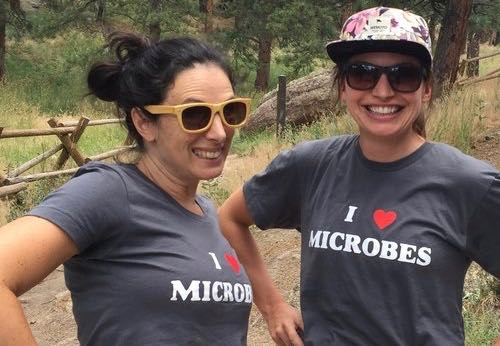


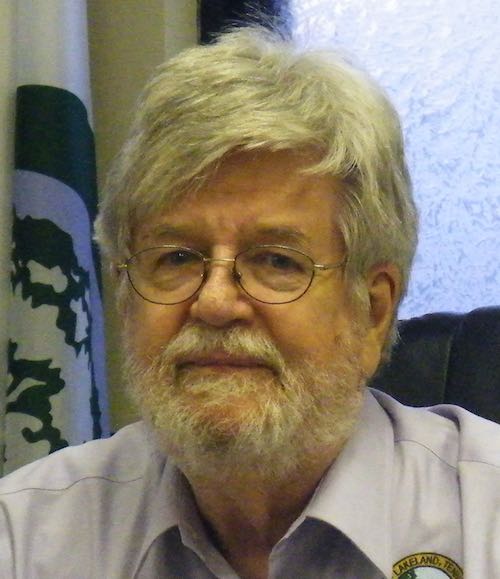
 Today’s How on Earth show is a special edition in conjunction with the
Today’s How on Earth show is a special edition in conjunction with the 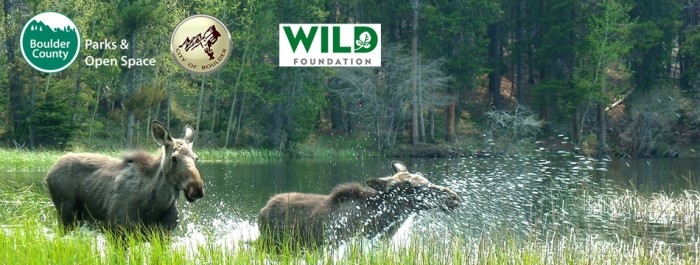

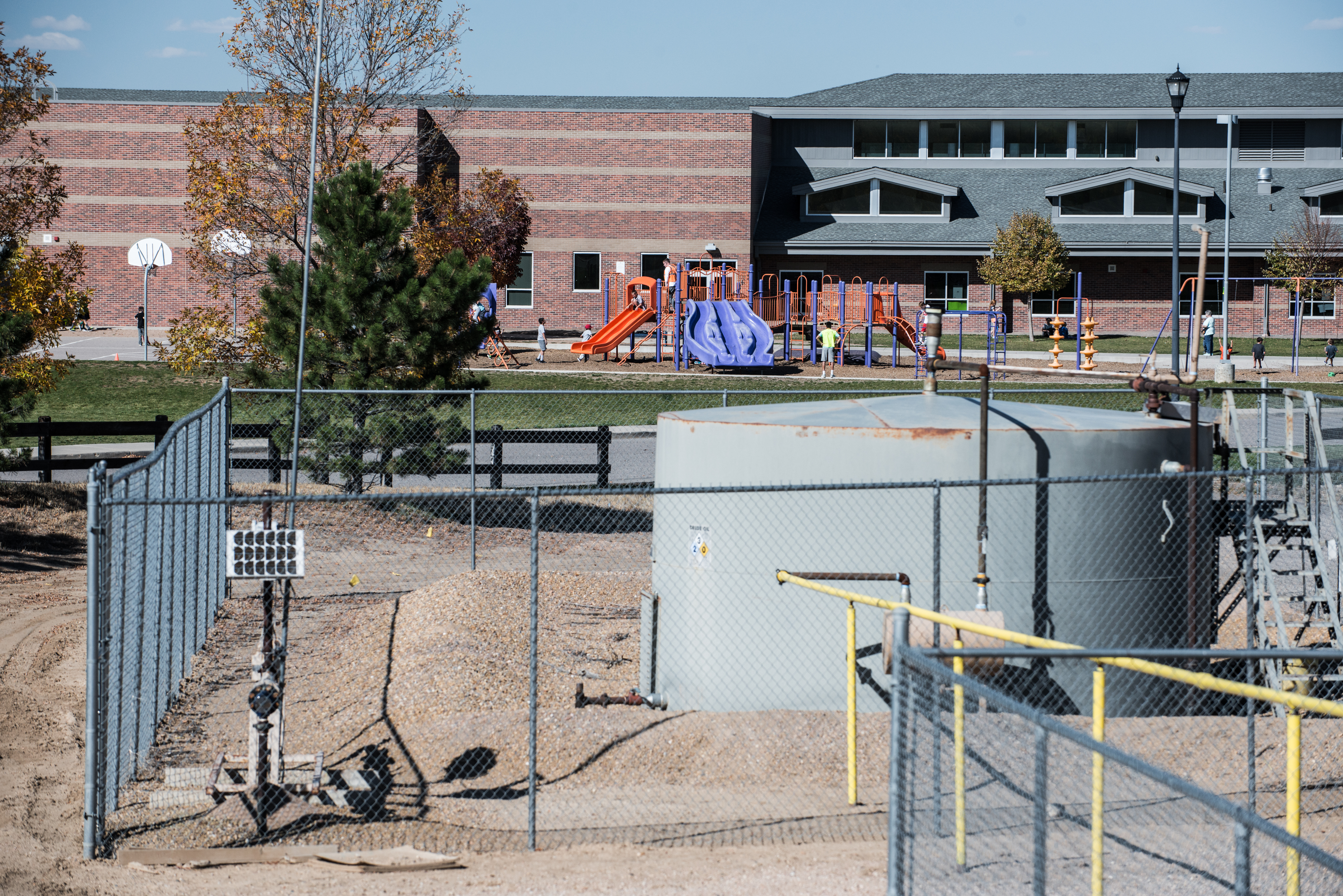
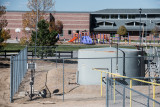
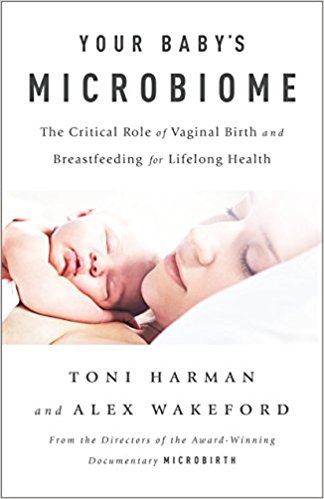
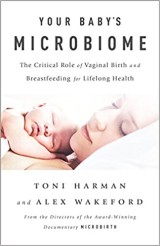 Your Baby’s Microbiome (start time 6:13): This week on How on Earth Beth Bennett interviews Toni Harmon, author of
Your Baby’s Microbiome (start time 6:13): This week on How on Earth Beth Bennett interviews Toni Harmon, author of 
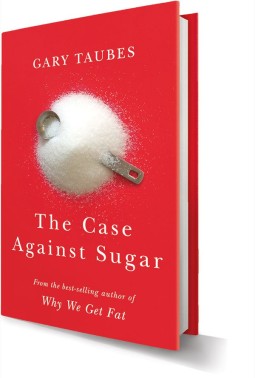
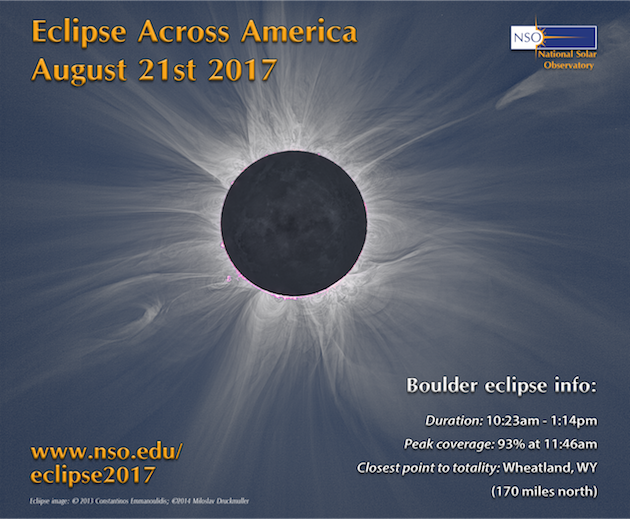
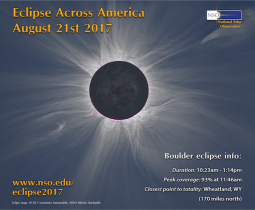
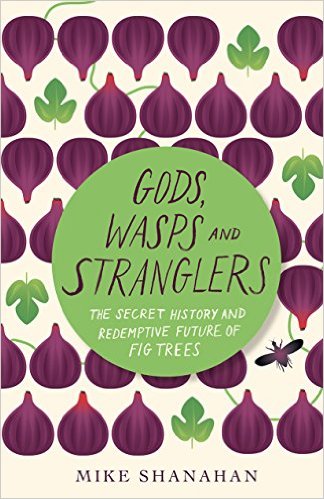
 Today’s feature has How on Earth’s Beth Bennett talking with Dr. Mike Shanahan, a biologist who has a degree in rainforest ecology. He has lived in a national park in Borneo, bred endangered penguins, and investigated illegal bear farms. His writing has appeared in
Today’s feature has How on Earth’s Beth Bennett talking with Dr. Mike Shanahan, a biologist who has a degree in rainforest ecology. He has lived in a national park in Borneo, bred endangered penguins, and investigated illegal bear farms. His writing has appeared in 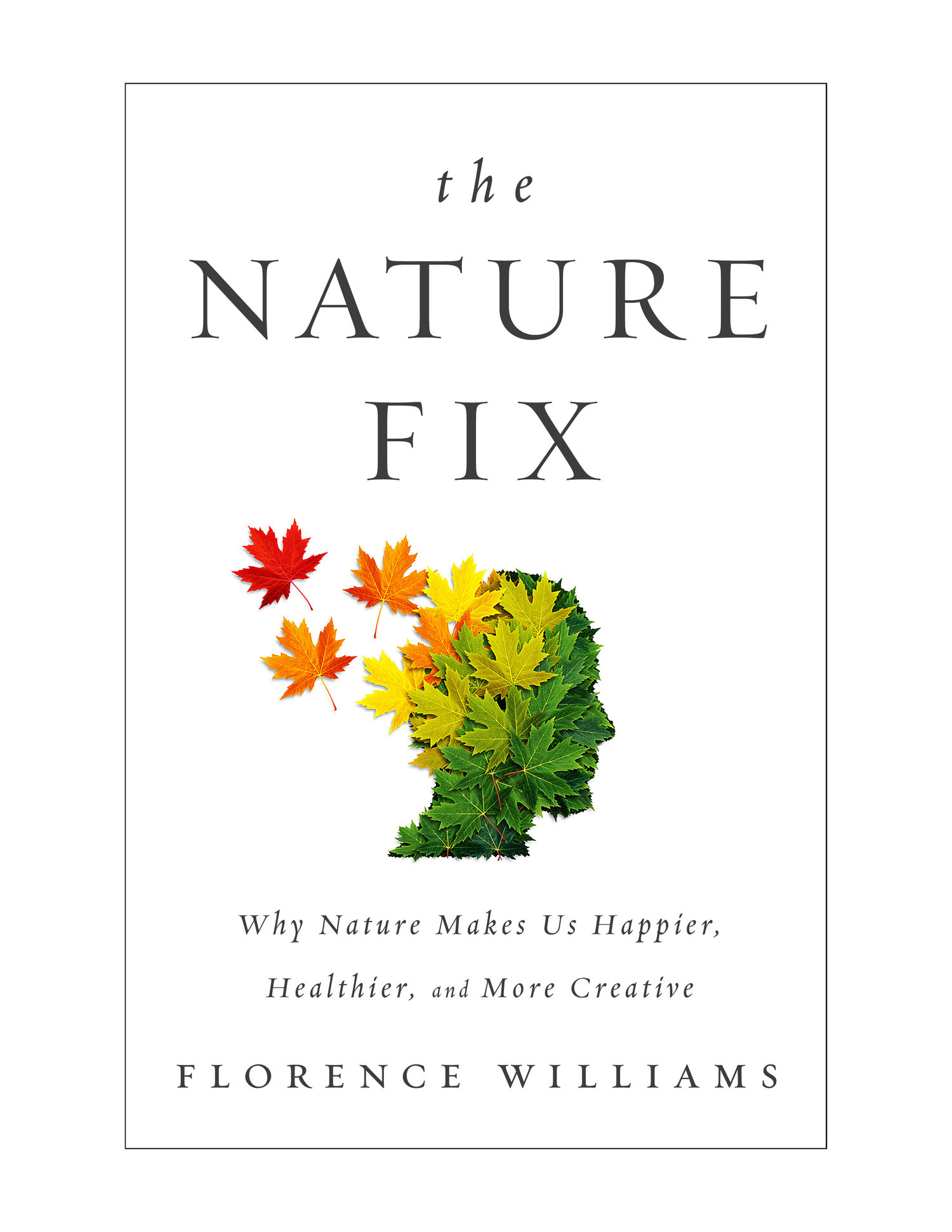
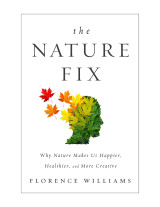 Your Brain on Nature (start time: 5:49): You may think it’s a no-brainer: that nature is good for your mental and physical health. After all, a walk in the woods or even an urban park brightens your outlook on life, at least for a little while. Turns out, the notion that being outside in nature boosts our mood, and even our creativity, has historical roots at least as deep as
Your Brain on Nature (start time: 5:49): You may think it’s a no-brainer: that nature is good for your mental and physical health. After all, a walk in the woods or even an urban park brightens your outlook on life, at least for a little while. Turns out, the notion that being outside in nature boosts our mood, and even our creativity, has historical roots at least as deep as 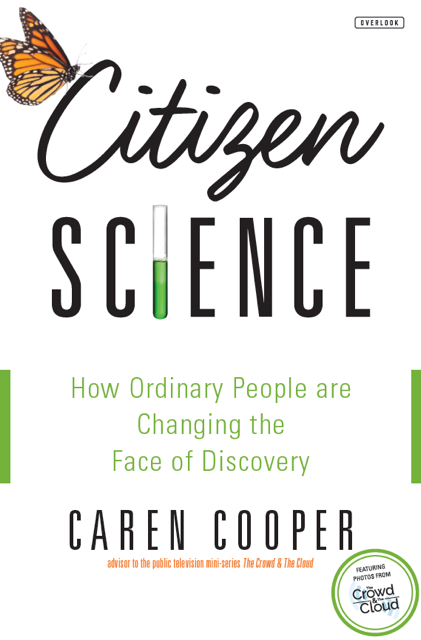
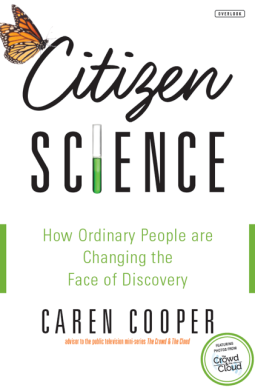 Citizen Science (start time: 5:32): For those who would love to track birds and other creatures or to test drinking water quality in their community, for instance, but think it would require a degree in science to contribute to important scientific discoveries, our guest today aims to set the record straight.
Citizen Science (start time: 5:32): For those who would love to track birds and other creatures or to test drinking water quality in their community, for instance, but think it would require a degree in science to contribute to important scientific discoveries, our guest today aims to set the record straight.